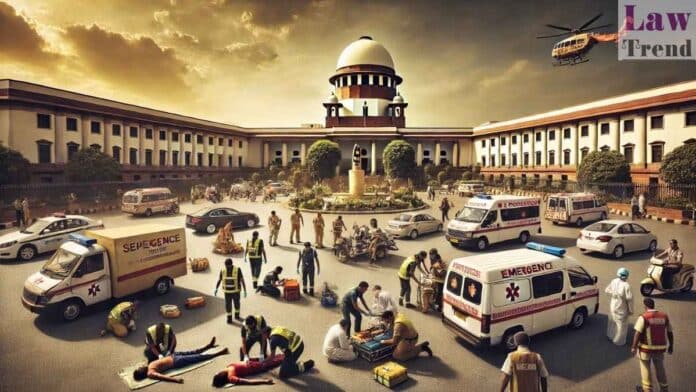The Supreme Court of India, in a significant judgment, has held that the concept of a “split multiplier”—calculating motor accident compensation differently for pre-retirement and post-retirement periods—is “foreign to the Motor Vehicles Act, 1988” and must not be used by Tribunals or Courts. A bench comprising Justice Sanjay Karol and Justice Prashant Kumar Mishra set
To Read More Please Subscribe to VIP Membership for Unlimited Access to All the Articles, Download Available Copies of Judgments/Order, Acess to Central/State Bare Acts, Advertisement Free Content, Access to More than 4000 Legal Drafts( Readymade Editable Formats of Suits, Petitions, Writs, Legal Notices, Divorce Petitions, 138 Notices, Bail Applications etc.) in Hindi and English.




